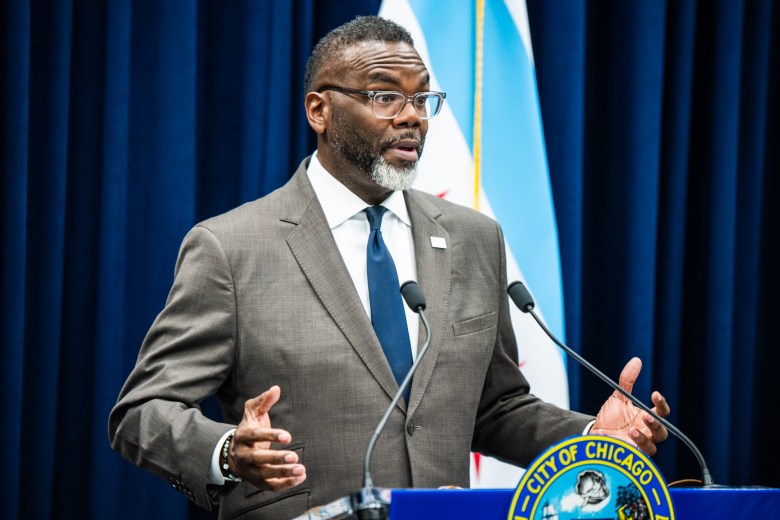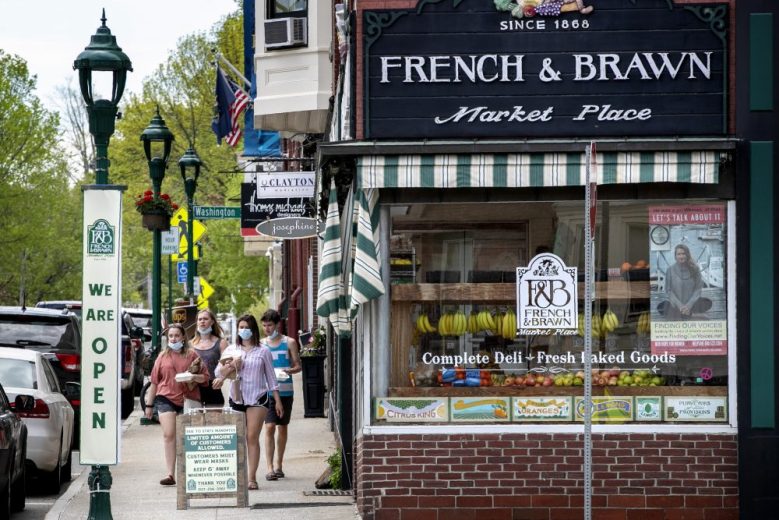In a decisive move to address rising food insecurity in Chicago, Mayor Brandon Johnson signed an executive order on November 4, 2023, redirecting city funds to support food banks and non-profit organizations. This action comes in response to recent changes to the Supplemental Nutrition Assistance Program (SNAP), which have left many residents vulnerable following a prolonged federal government shutdown.
The executive order aims to enhance funding for food assistance programs that are currently experiencing unprecedented demand. With SNAP benefits temporarily halted during the shutdown—the longest in United States history—many Illinois residents have faced significant hardships. Although the federal government has since reopened and SNAP benefits are being restored, the additional city funding will help mitigate the impact of upcoming changes to the federal program set to take effect next month.
Support for Vulnerable Residents
“We cannot accept Chicagoans going hungry as a result of the Trump administration’s war on poor and working people,” Johnson stated in a press release. “This executive order mobilizes City departments and allows us to partner with philanthropic partners to get food into the neighborhoods where it is needed most.”
Approximately 2 million residents in Illinois depend on SNAP to purchase groceries and essential items like baby formula. Following the government shutdown, Illinois has been providing partial SNAP payments to recipients without federal backing since November 7, 2023. Full monthly benefits are expected to be distributed by November 9, according to the Illinois Department of Human Services.
However, starting on December 1, 2023, significant changes to SNAP eligibility requirements will come into effect. Under the provisions of President Donald Trump’s “Big Beautiful Bill,” recipients aged 18 to 65 must now demonstrate that they are either working a minimum of 80 hours per month, pursuing education, or participating in a training program to continue receiving federal benefits. This revamps prior work requirements that previously applied only to individuals aged 18-54 without dependents under the age of 18. The new rules limit exemptions solely to those with dependents under the age of 14, removing protections previously available to certain vulnerable groups, including veterans and unhoused individuals.
Community Response and Impact
As federal food assistance is projected to face cuts amounting to $186 billion, the city’s financial support is intended not only to assist individuals in dire need but also to aid local businesses affected by diminished SNAP-backed purchases. Johnson’s office noted that the funding will help independently owned establishments that have experienced reduced foot traffic in immigrant commercial corridors.
In response to the growing crisis, Chicago restaurants and community organizations have stepped up to provide free meals to residents left without adequate food assistance. The mayor’s executive order underscores the city’s commitment to ensuring that no resident faces hunger as policy changes threaten essential support systems.
As the situation continues to evolve, the actions taken by Mayor Johnson may provide a crucial buffer for Chicagoans navigating the challenges posed by both local and federal food assistance programs.







